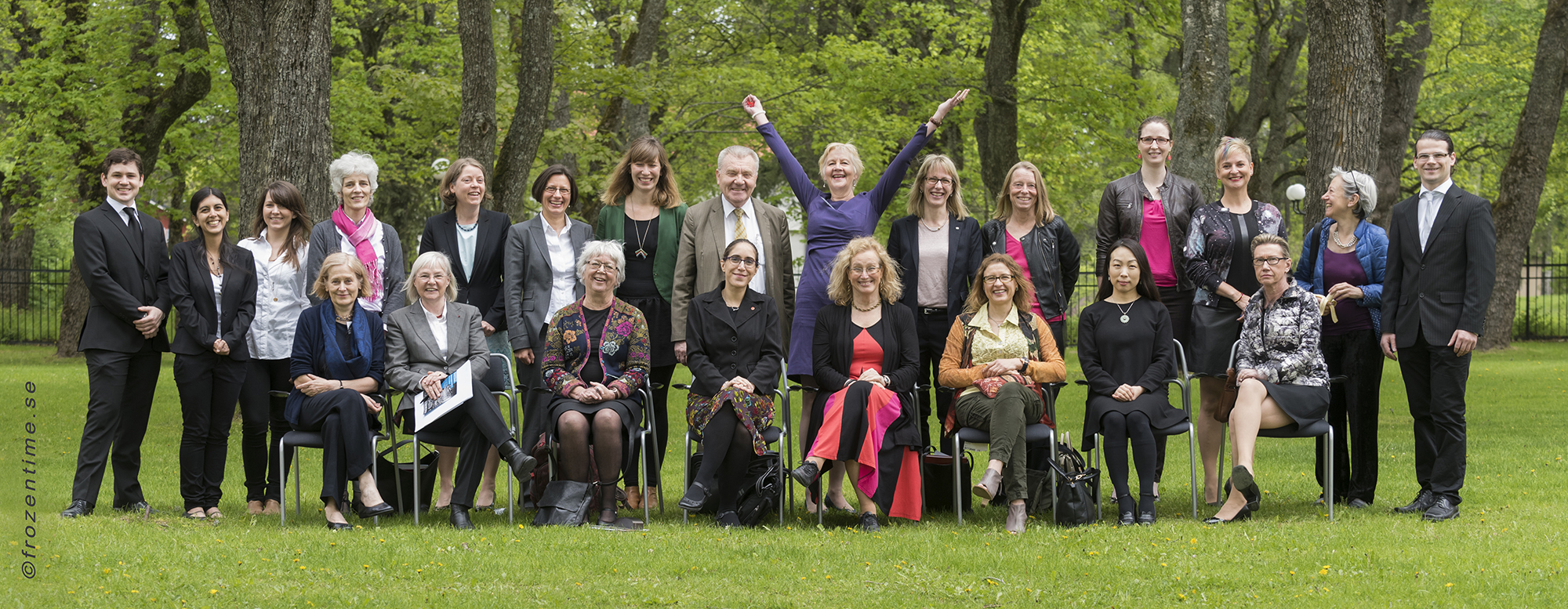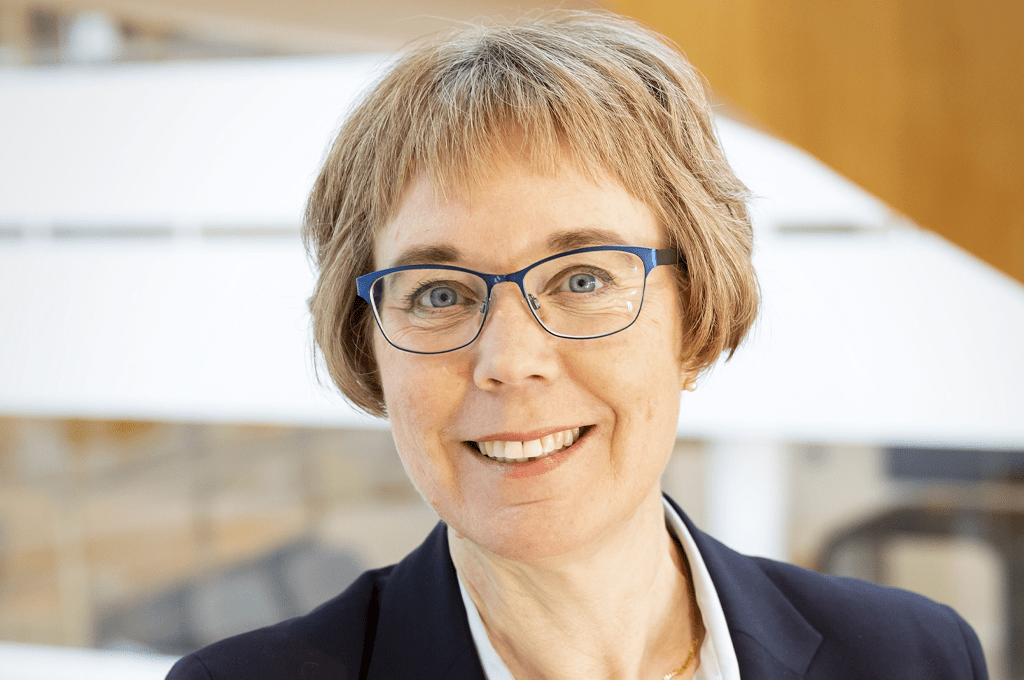Women’s pathways to academic excellence
Photo: Frozentime
On May 22, a large number of prominent women from academic institutions in Europe and the US met in Uppsala to share their experience and knowledge about pursuing an academic career as a woman.
The first speaker was Eva Åkesson, Vice-chancellor at Uppsala University. She began her talk by observing that the most common question she was asked when appointed to her current position was ‘how it felt to be the first woman to be Vice-chancellor at Uppsala University’. She also commented on the fact that women are still underrepresented among professors.
“The argument is usually that there are no women who are competent enough for a certain position. The strategy for coping with that is to have a list with many names. I encourage everyone to make a list of competent female colleagues that you can suggest when these argument show up”, said Eva Åkesson.
Eva Åkesson also advised the audience to say yes to opportunities that are rewarding and to say no to those that aren’t – and not be pressured into saying yes just because they have been asked.
All of the speakers shared generously from their own personal experiences. The audience got insight into their childhood, what inspired them to go into science, what made them stay there when they met setbacks and how they excelled within their field.
The lack of women at top position within academia was commented by several of the speakers.
”The consequence of lack of female professors is that decisions on research, teaching priorities, volume and targeting of resources are taken only by half of the community”, said Marja Makarow, Vice-president for research at the Academy of Finland.
Marja Makarow highlighted that collective intelligence boosts creativity and productivity – benefits that we miss out on if we do not promote diversity.
”Diversity is composed of both genders, different scientific and scholarly disciplines, different cultural backgrounds and different career stages”, said Marja Makarow.
Something that permeated many of the talks was the importance of being confident in ones own knowledge.
”If you seem to lack confidence in yourself then others around you will loose confidence in you. So don’t worry about whether or not you will succeed, just do it. Don’t worry about what other people think about you”, said Margaret Buckingham, Emeritus Director of Research at the Centre National de la Recherche Scientifique.
One of the questions from the audience after session three was what to do when you get excluded from important networks. Kristín Vala Ragnarsdóttir, Professor of Sustainability Science at the University of Iceland, answered that if you can’t be a part of those networks then you should form your own networks. Many female networks within academia have been created that way.
During the closing session Christina Florin, Professor Emeritus of Gender History at Stockholm University, gave some historical background on women in Swedish academia. In addition to important milestones in women’s educational history, such as when the universities opened for women, she talked about how women were not allowed to wear the traditional student hat or in other ways were excluded from the academic society. A large part of the talk centered on different feminist movements, which worked for equal rights within Swedish academia.
About the symposium
The full-day event was co-organized by SciLifeLab and Young Academy of Europe (YAE). It consisted of five sessions with a number of speakers followed by open discussions and questions from the audience. Many different research fields were represented, for details, please read the full speaker list. The symposium was filmed by the Swedish Educational Broadcasting Company (UR). It will be broadcasted as a seminar series starting 14:00 on Thursday, September 10, and can be found at Kunskapskanalen.
Articles
Many of the speakers referred to scientific articles and reports on gender biases, impostor syndrome, stereotype threat and gender gaps within academia. The articles are listed below.
Gender differences in grant peer review
The Impact of Gender on the Review of the Curricula Vitae of Job Applicants and Tenure Candidates
The Organizational Implications of a Traditional Marriage
Science faculty’s subtle gender biases favor male students
Expectations of brilliance underlie gender distributions across academic disciplines
World Atlas of Gender Equality in Education





